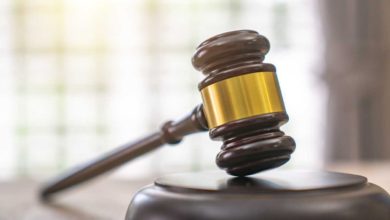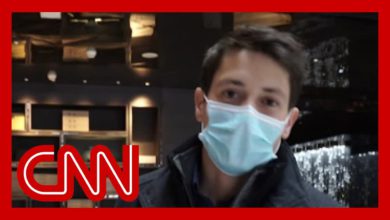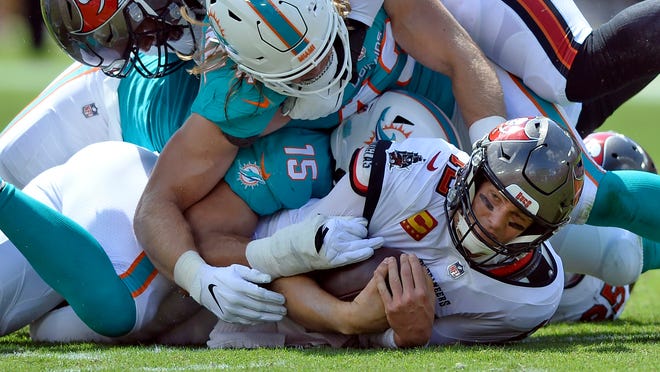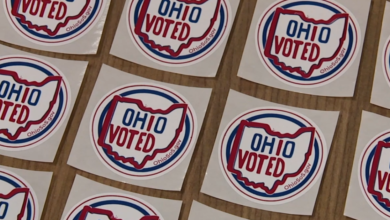
On a recent Tuesday morning, 9-year-old Braxten Mannin walked into the nurse's office at the Ohio School for the Deaf in Columbus. This energetic elementary school student wasn't sick, though; instead, he was here for a COVID-19 test.
Testing for COVID-19 might seem like a topic from 2020, but at Braxten's school, they have just launched a pilot testing program that will help ensure the safety of students, teachers and staff at this residential facility. Each year, they serve about 300 students from across the state.
The Ohio School for the Deaf and Ohio School for the Blind are the only public schools in the state serving kids who are deaf, hard of hearing or vision impaired. Because of underlying medical conditions or simply because they're not old enough to get the vaccine, many kids here are still at risk for contracting COVID-19.
They are now part of a nationwide pilot program working to test kids like Braxten for the virus.
"One of the fastest ways to ensure schools stay open is to make sure they stay safe. We have quick surveillance," explained school nurse Tobbi Reeves-Valentine, as she handed Braxten a small testing swab for his nose.
The beauty of this program is that it enables Reeve-Valentine to do all the testing right in school and the results usually come back within 24 hours.
"Moving forward, I think this will just be another tool we use. It's like how we do our vision screen. It's another tool for parents and families to feel safe," she added.
About 4 million kids under the age of 12 have tested positive for COVID. They represent nearly 14 percent of all new cases.
Currently, Pfizer and Moderna are conducting vaccine trials for kids between the ages of 6 months and 11 years old, which makes testing kids under the age of 12 still critically important to controlling the pandemic.
Thermo Fisher Scientific, a company based in Waltham, Massachusetts, is helping to facilitate the program known as "Ready, Check, Go."
"Even though we want to be done with the pandemic the reality is the virus is not done with us," said Mark Stevenson, the company's executive vice president.
Testing in residential environments like this one is still critically important, especially when students are too young to be vaccinated. "Ready, Check, Go" is funded in part by federal money allocated from some of the COVID-19 relief bills passed by Congress.
"We need to be able to track and isolate cases, so we aren’t shutting down schools," Stevenson said.








